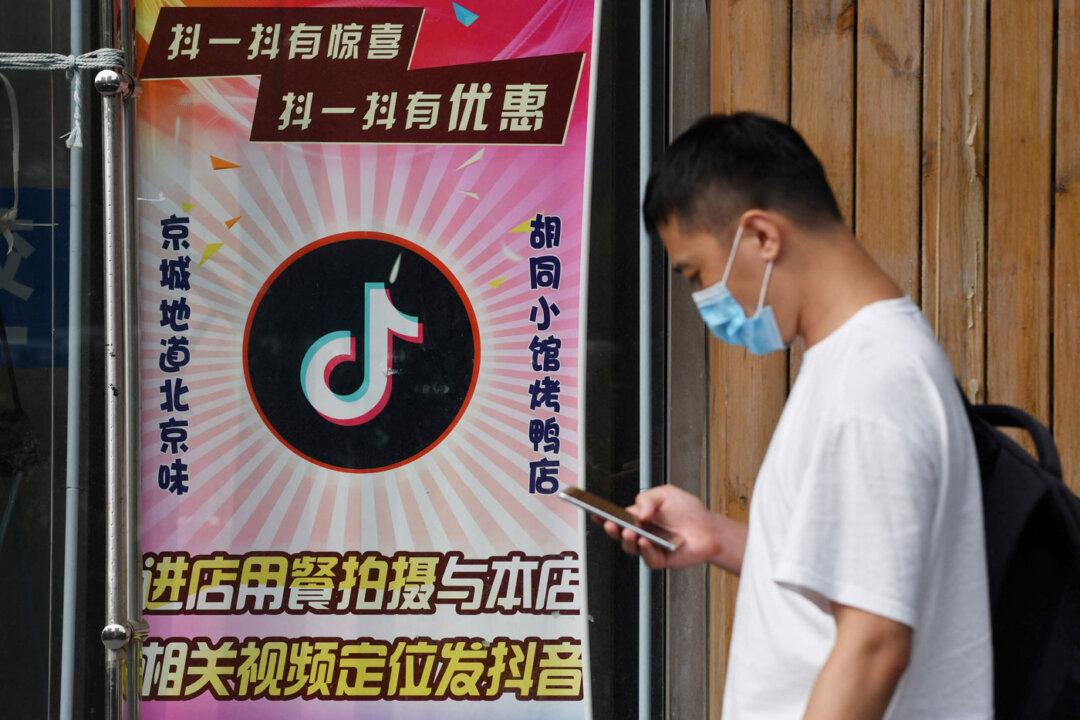TikTok’s Beijing-based owner ByteDance denied media reports of selling the platform as the company faces a mandate to either divest the firm or be banned from the United States.
“Foreign media reports that ByteDance is exploring the sale of TikTok are untrue,” the company said in an April 25 statement on news aggregation app Toutiao, according to CNN. “ByteDance doesn’t have any plan to sell TikTok.”





